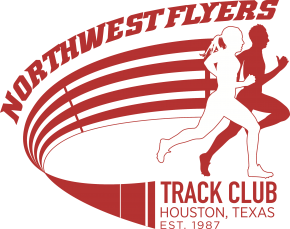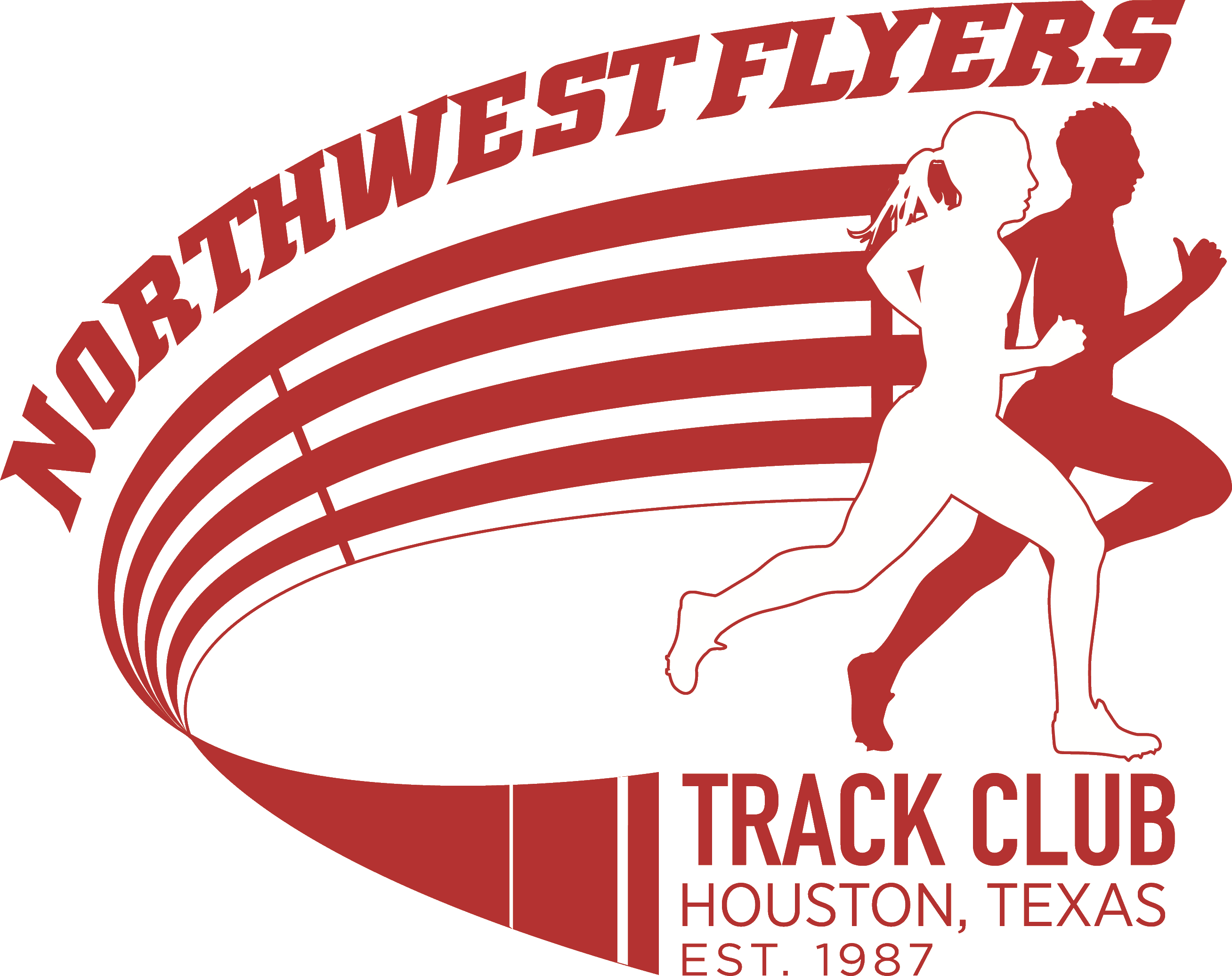The Northwest Flyers Track Club 2025

Saturday, February 01, 2025 - Monday, June 09, 2025
Cy-Fair ISD, Klein ISD 9:00 pm
c/o Linette Roach, Registrar, Houston,
TX 77070 United States
TX 77070 United States
Have a questions?
Volunteer Registration
Sorry! Online registration for this event is now closed.
Please check event website for more details.Thanks!
Please check event website for more details.Thanks!



